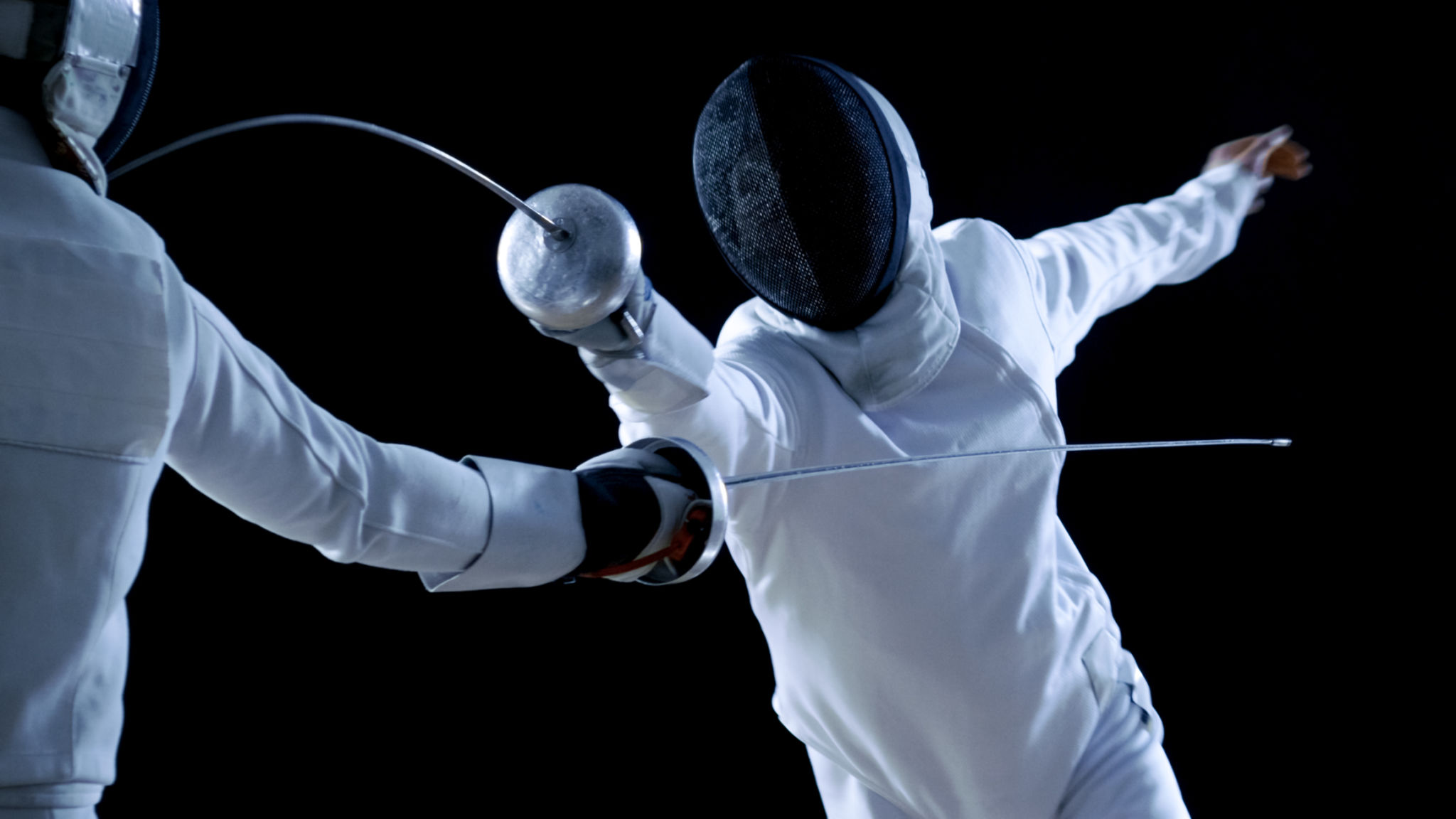From Novice to Expert: How Fencing Skills Enhance Team Dynamics
Introduction to Fencing and Team Dynamics
Fencing, often seen as an individual sport, surprisingly offers a rich tapestry of skills that can significantly enhance team dynamics. From the precision of movements to the strategic thinking involved, fencing is more than just a duel between two opponents. It is a sport that fosters communication, trust, and collaboration among team members.
The transition from a novice fencer to an expert is not just about mastering techniques but also about developing interpersonal skills that translate well into team environments. This blog post explores how fencing can be a powerful tool for enhancing team dynamics, whether in sports teams, corporate settings, or any group-based activities.

Building Communication Skills
One of the most crucial aspects of any successful team is effective communication. Fencing demands constant communication between fencers and their coaches or teammates. This interaction sharpens verbal and non-verbal communication skills, which are essential in any collaborative setting. As fencers learn to anticipate and react to their opponent's moves, they also develop the ability to communicate swiftly and effectively.
Moreover, the discipline instills a sense of clarity in conveying strategies and feedback. As fencers advance from novice to expert level, they become adept at transmitting complex ideas succinctly. This skill is invaluable in team environments where clear and quick communication can be the difference between success and failure.
Trust and Reliance among Team Members
Fencing teaches individuals the importance of trust—not just in their abilities but in their teammates as well. In a team setting, this trust is foundational. When fencers practice together, they learn to rely on each other for support and feedback. This mutual reliance creates a strong bond that enhances team cohesion.
A successful fencing team operates on a foundation of trust where each member understands their role and contributes effectively. This dynamic is mirrored in other team settings, encouraging members to work together harmoniously and rely on one another's strengths.

Strategic Thinking and Adaptability
Fencing is often likened to a physical game of chess due to its strategic nature. It requires fencers to think several moves ahead, adapting their strategy based on their opponent's actions. This strategic mindset is crucial for effective teamwork, as it encourages members to plan collectively and adapt to changing circumstances.
Teams that incorporate strategic thinkers are usually better equipped to tackle challenges and seize opportunities. Fencing hones this ability by teaching individuals how to assess situations quickly and make informed decisions—skills that are beneficial in any team-oriented environment.
Enhancing Focus and Discipline
Another benefit of fencing is the enhanced focus and discipline it instills in participants. These attributes are critical for maintaining productivity and efficiency within a team. Fencers learn to concentrate intensely during matches, a skill that translates into better focus during collaborative tasks.

The discipline required for fencing, from practicing techniques to maintaining physical fitness, also promotes a strong work ethic. This discipline is contagious within teams, encouraging all members to adhere to high standards of performance and conduct.
Conclusion: Fencing as a Catalyst for Team Success
In conclusion, the journey from novice to expert in fencing offers more than just improved athletic skills; it provides valuable lessons in communication, trust, strategy, focus, and discipline. These skills are integral to fostering effective team dynamics across various domains.
Whether in sports, business, or any group activity, incorporating fencing principles can enhance how teams function and succeed together. As more individuals embrace fencing, its impact on team dynamics continues to grow, proving that this ancient sport still holds modern-day relevance.